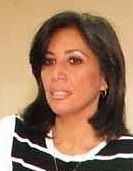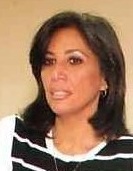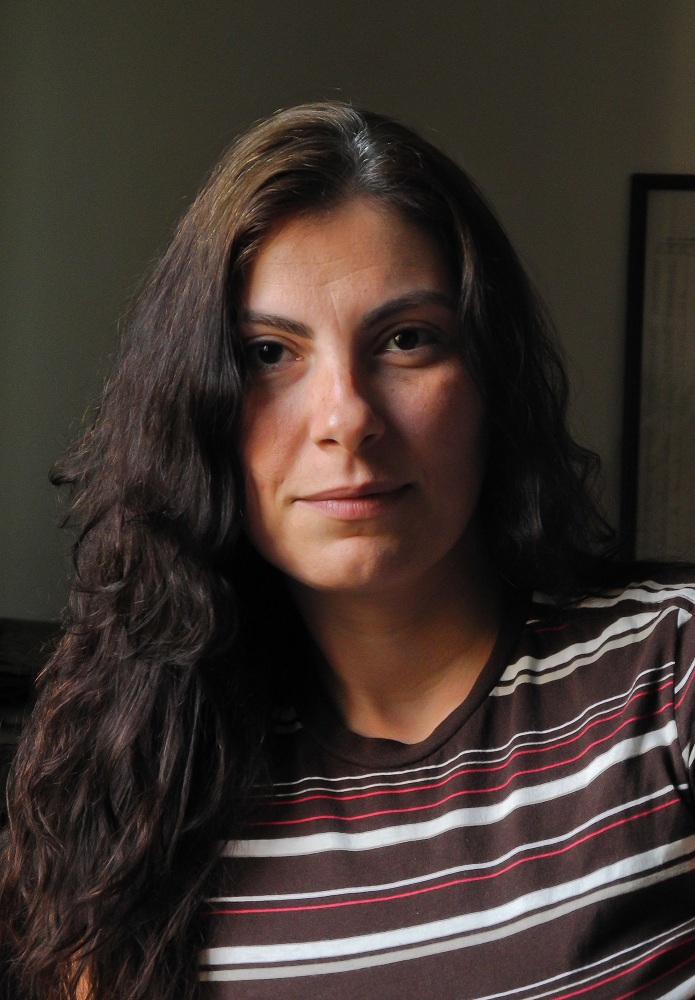
A month after the Muslim Brotherhood’s Mohamed Morsy was elected president, Egyptians are still waiting for the new leader to fulfill his promise of forming a national unity government. While a new cabinet is expected to be announced before the weekend, hopes for an inclusive government are fading. Skeptics fear that the incoming cabinet will be a far cry from be the “technocratic government representative of all political forces,” promised by Dr Morsy in his campaign speeches.
The selection of relative unknown, Hesham Qandil, as Prime Minister three weeks after Morsy’s victory came as a disappointment for many Egyptians, particularly revolutionary forces who had hoped a liberal politician would fill the position. They question whether Qandil is capable of lifting the stagnant economy and accuse Morsy of reneging on his promise to appoint an “independent patriot” as head of government. That he was selected by the Supreme Council of the Armed Forces (SCAF) to serve as Water Resources and Irrigation Minister in the post-revolutionary governments of Dr Kamal El-Ganzouri and Dr Essam Sharaf is further reason for public discontent over his appointment.
Many Egyptians now doubt the new cabinet will match expectations for a reformist government capable of addressing the pressing
challenges of unemployment, poverty and illiteracy. Speculation is rife that the incoming members will instead hail from the Muslim Brotherhood or pools of Islamist-leaning technocrats. This conjecture has been fuelled by declarations from experienced politicians and high profile technocrats that, if asked, they will refuse to join the new government. Tourism Minister Mounir Fakhry Abdel Nour, a Copt, Minister of Supply and Domestic Trade, Gouda Abdel Khalek, and longtime Minister of International Cooperation, Fayza Aboul Naga, have all declared their unwillingness to serve in the new cabinet, citing ideological differences.
“I only sail the seas I choose”, Abdel Khalek said. Abdel Nour, of the Al Wafd party, has meanwhile nominated candidates to replace him in the Tourism portfolio – Egypt’s main foreign currency earner. Former presidential candidates Hamdeen Sabahy and Abdel Moneim Abul Fotouh have also both reportedly turned down the position of Vice President, nominating others for the job.
Observers say deeply-ingrained fears of Islamist domination are behind the reluctance of the technocrats to rally behind the new
president. The tug-of-war for power between the SCAF and the country’s first democratically-elected president is also to blame for the
cold shoulder veteran politicians are giving Morsy, says former Member of Parliament Dr Mona Makram Ebeid. Even before Morsy’s election victory, SCAF took measures to consolidate its grip on power through supplementary constitutional amendments that granted the military generals legislative and budgetary supremacy over the incoming president.
A week into his presidency, attempts by Morsy to wrest some of his legitimate powers from the generals were thwarted after the
issuance of a presidential decree to re-instate the dissolved Parliament was swiftly rejected by the Supreme Constitutional Court. “All rulings of the High Constitutional Court are final and binding,” the court stated unsurprisingly.
Unexpectedly, Morsy’s decision did not garner widespread public support and most secularists chose instead to support the SCAF and the Mubarak-appointed judiciary, the latter which had earlier ruled that the new parliament was unconstitutionally elected. Morsy, his authority compromised by the defeat of the decree, was attacked for being “disrespectful of the judiciary.” Liberal MP Mohamed Abu Hamed, who filed a lawsuit challenging Morsy’s decree, described it as “an affront to judicial authority and makes a mockery of how the state functions.” So intense are secularists’ fears of Islamists – long portrayed by Mubarak’s media as “the bogeyman” – that they cheer
any new limitation on the Muslim Brotherhood’s power.
In another sign that the armed forces is unwilling to cede power to the Islamists, Egypt’s top military official Field Marshal Hussein Tantawi earlier this month clearly stated that SCAF would not allow a “certain group” or “those pushed from outside” to dominate the country. Tantawi’s statements came after talks in Cairo with United States Secretary of State Hillary Clinton who urged the military to restrict itself to “a purely national security role.”
Meanwhile, repeated delays in announcing the cabinet have led to speculation that disputes over the key portfolios of defence, interior, foreign affairs and media may have arisen. Discussions have reportedly been held between President Morsy and SCAF regarding the appointment of a new defence minister despite a constitutional addendum issued 17 June by SCAF stating that the head of the military council will remain Minister of Defence until the drafting of a new constitution. This removes all doubts that Tantawi will
not be replaced for a time to come. That Morsy is even holding these talks with SCAF is a clear sign that he fails to recognise the constitutionality of the recent amendments.
Morsy’s choice of salafist Mohamed Yosri Ibrahim as Minister of Endowments has meanwhile stirred further controversy with secularists and religious figures alike describing his likely appointment as “a threat to moderate Islam.” They also said it would “herald the imposition of Wahhabism” (a rigid brand of Islam sponsored by Saudi Arabia). Ibrahim, an engineer by training and a published
author on religious matters, is a staunch advocate of the implementation of Shari’a law and an outspoken critic of Al-Azhar, widely
considered Islam’s highest authority.
Al-Azhar Grand Iman, Ahmed El-Tayeb, has reportedly contacted Tantawi to express his reservations over Ibrahim’s appointment, as traditionally, it is the Grand Iman who chooses the minister from figures he believes are capable of promoting Al-Azhar’s “moderate message.”
With the new cabinet lineup expected shortly, public expectations are low that this new government will be the force of change that will bring the country back on its feet. But it is in fact the suspicions, divisions and lack of cooperation from the experts that are the huge impediments to any real progress.

